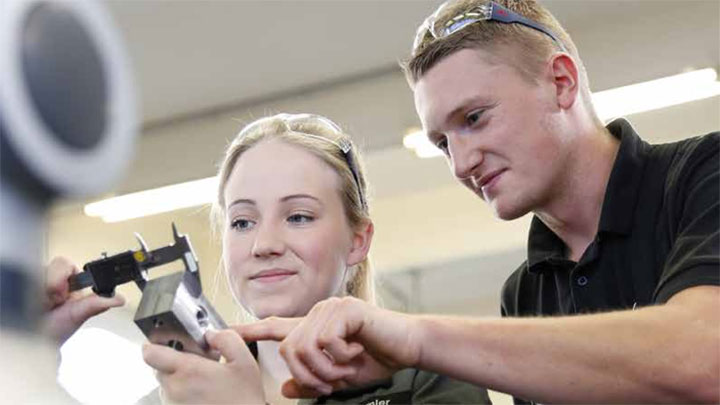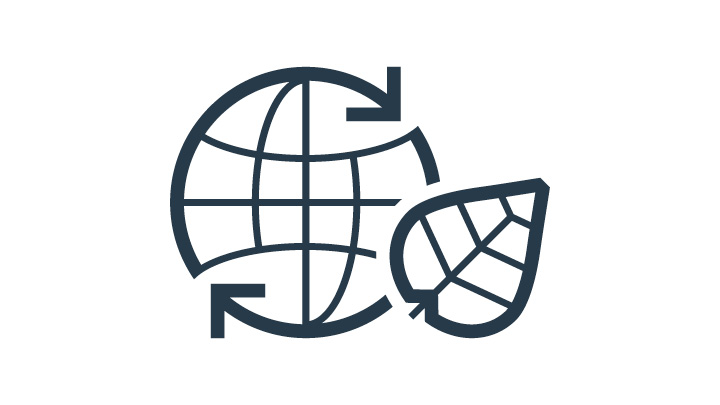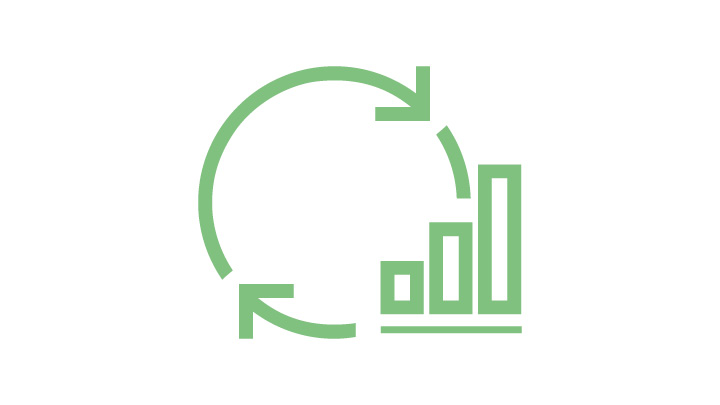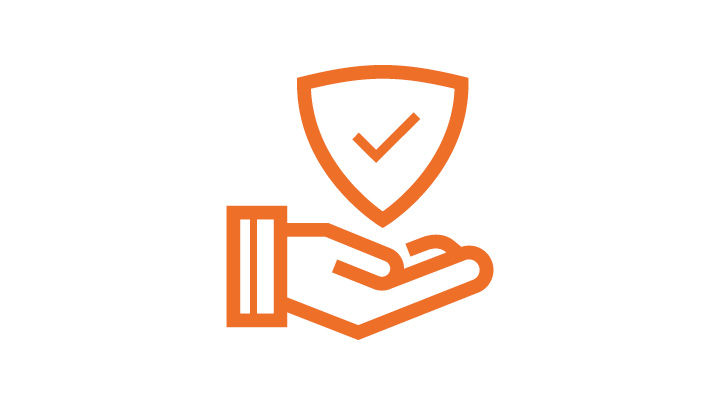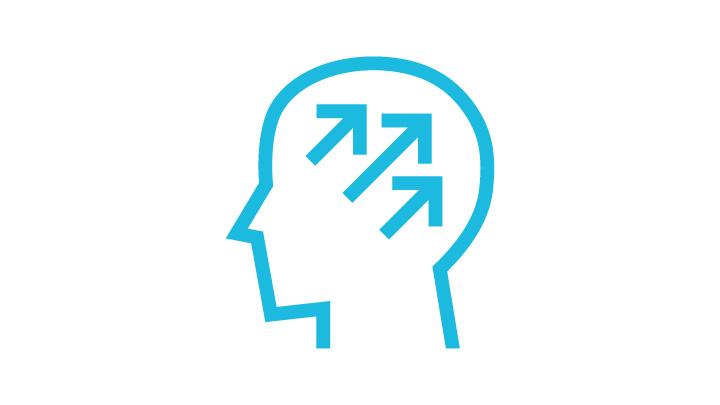Our responsibility: to undertake a sustainable future
“The greatest danger to our planet is the belief that someone else will save it.” (Robert Swan)
For this reason, sustainability is an integral part of our own entrepreneurial actions and an answer to our most important global and business-related challenges. For us, this means recognizing opportunities and risks for sustainable development and for our business success and acting proactively accordingly. We consciously take up the expectations placed on us by our customers, politicians and society and offer concrete answers. It is central for us to always put people first.
We are guided by the world's most important and largest CR initiative: the UN Global Compact. The ten globally recognized principles on human rights, labor standards, environmental protection and anti-corruption also guide our actions. Our Code of Conduct offers support in this regard. It provides internal, binding guidelines on how we meet our social responsibility. We also demand this attitude in our supply chain. Based on our principles, we have developed a Code of Conduct for the supply chain, which we make the basis of our business relationships.
The following fields of action, which relate to our entire value chain, form the framework of our sustainability strategy. This focus starts where we have the greatest leverage for the implementation of sustainable development goals.
In order to meet global challenges such as global warming or the scarcity of resources, sustainability and innovation must go hand in hand.
We are therefore strengthening our competitiveness through new solutions across the entire value chain, which makes sustainable development possible in the first place. These product and process innovations lead, for example, to a more efficient use of resources, optimized energy consumption and the use of regenerative energy sources. The use of technical solutions for the separation of climate-damaging products and their storage or further use can make an important contribution to sustainable development. The prerequisite, however, is that everyone in the company pulls together. Therefore, employee development and empowerment is a crucial key to the success of our sustainability strategy.
Please follow this link to our current Sustainability Report 2023.
Decarbonization
Circular economy
Supply chain
People empowerment
Decarbonization
When it comes to reducing CO2 emissions, we have the greatest leverage on the product side. We provide new technologies and solutions that avoid and reduce greenhouse gas emissions and compensate for unavoidable emissions. We as a company set ourselves an ambitious vision.
If all industries we supply were to utilize our CO2 reduction technologies without exception, global CO2 emissions would decrease by up to 10%. Of course we also make an internal contribution at our production sites and will reduce our own CO2 emissions by 50% by 2030.
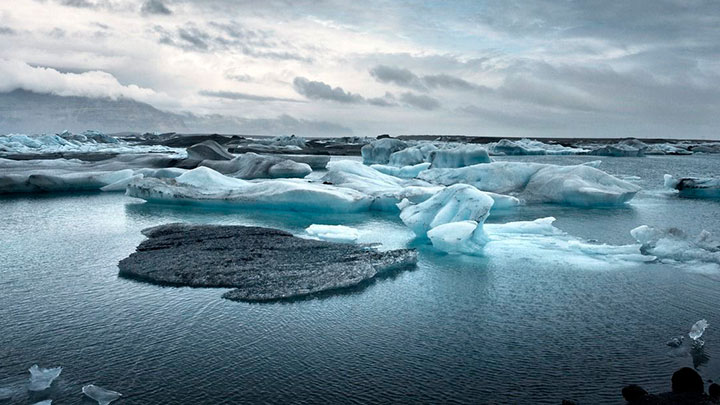

Background and goals
Our goal is to take a leading role as a pioneer of global decarbonization. By 2030, sustainable technologies and solutions will account for 70% of our business. For the maritime industry, we want to offer products by 2030 that enable complete decarbonization. In addition to “green engines” that run on methanol or ammonia, we will also expand our retrofit business to decarbonize existing fleets. With H-TEC we will grow our hydrogen business, which is essential for the production of green fuels. Our Carbon Capture Utilization and Storage (CCU-S) solutions offer high-emission industries technologies for capturing, recycling or storing CO2. In the area of heat pumps, we will advance the decarbonization of heat in industry and district heating. In total, these activities should enable a 10% reduction in CO2 emissions by 2030 compared to today.
At our production sites, we will halve CO2 emissions by 2030 compared to 2018. To this end, we have already established a central management of measures for the conscious use of energy. There are many reasons to think about our behavior when it comes to energy use. First of all, it is a question of costs, since energy costs have increased steadily in recent years. And it will probably be no different in the years to come. In particular, however, energy management makes a serious contribution to environmental protection. Through the systematic analysis of consumption and the definition of optimization measures, we achieve a significant reduction in energy and a reduction in our direct and indirect CO2 emissions. Not to be forgotten: energy management helps us to use energy efficiently over the long term. Technological innovations, but also new, changed energy concepts make their contribution to a sustainable economy. In addition, we pay attention to energy efficiency in all construction measures and are planning further investments of millions in order to be able to generate regenerative energy ourselves.
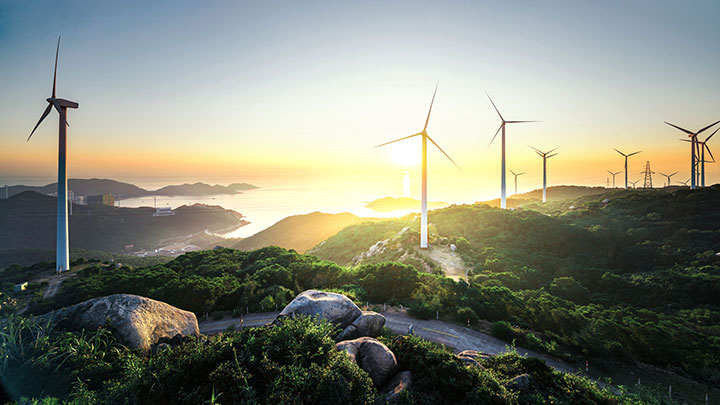
Circular economy
By circular economy we mean a system in which the use of resources and energy on the one hand and the production of waste and emissions on the other are minimized. To achieve this, finite resources and materials must be put into a cycle that ensures they can be used for as long as possible

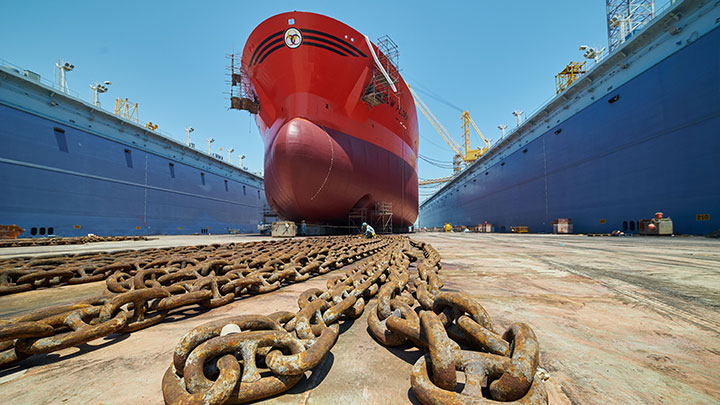
Background and goals
In the area of circular economy, we operate in two main fields of action: On the one hand, we gear our own production to energy and resource efficiency and constantly optimize our waste and recycling management. On the other hand, the high quality and technological performance of our products and solutions ensure a long service life. Longevity and a service concept that includes simple maintenance, servicing and repairs as well as in many cases also retrofitting are already in the foreground during their development.
We support our customers with our MAN PrimeServ after-sales service in order to ensure the longest possible service life of the engines and systems with little environmental pollution. There is great potential here for improving the circular economy, which is why we will continue to expand this area.
Responsibility in the supply chain
In our own business area, we understand our obligations much more broadly than required by law. Our Integrated Management System, which includes quality management, environmental management and occupational health and safety, forms the strategic framework for our measures. All of our production sites are accordingly certified according to the ISO 9001, ISO 14001 and ISO 45001 standards.
Comprehensive regulations, processes and audits also apply to our external supply chains. Our binding Code of Conduct for suppliers and business partners, which provides a concrete framework for compliance with human rights and environmental protection, is here.
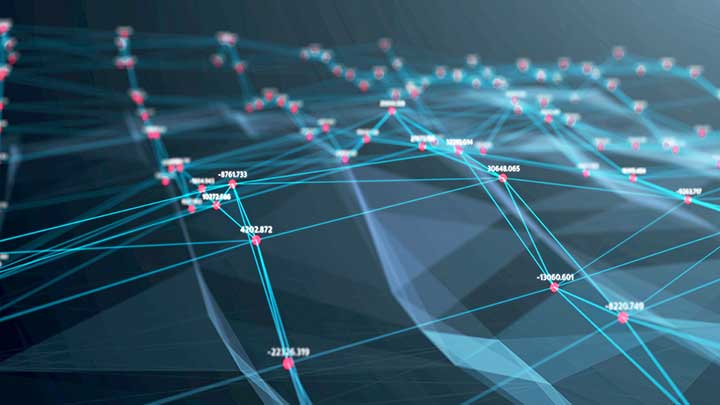
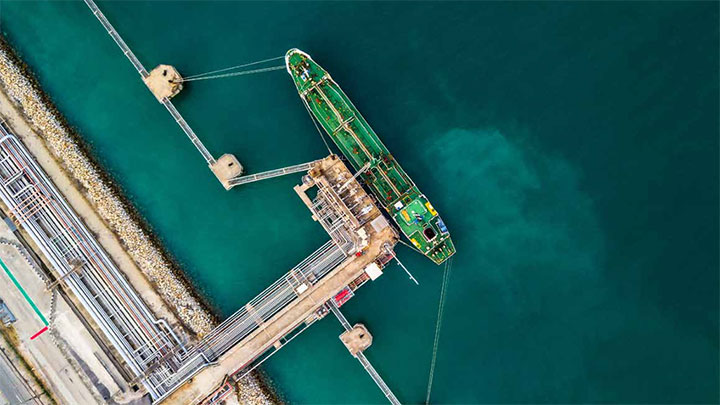
Background and goals
Our activities in the supply chain are now being put into a legal framework with the German Supply Chain Due Diligence Act (LkSG). This law helps to increase transparency in the supply chain with regard to human rights and environmental protection in the German industrial landscape and beyond these borders. To this end, we have developed a risk management process with four phases (Evaluate, Prevent, Detect, React), which takes up many existing programs and measures, supplements them with measures and precautionary mechanisms and converts the entire package of these “supply chain due diligence obligations” into a new system.
Also part of our Code of Conduct and thus a cornerstone of our cooperation with suppliers are expectations regarding their integrity and law-abiding behavior to prevent corruption. We have therefore further strengthened our anti-corruption measures by introducing a Supplier Due Diligence (SDD) anti-corruption check for certain suppliers.
Supply Chain Due Diligence
Identify risks early
In order to minimize the risk of non-compliance with the legal positions of the LkSG along the supply chain, MAN Energy Solutions follows a multi-stage risk management process with different tools. Our holistic risk management approach is based on the steps Evaluate – Prevent – Detect – React.
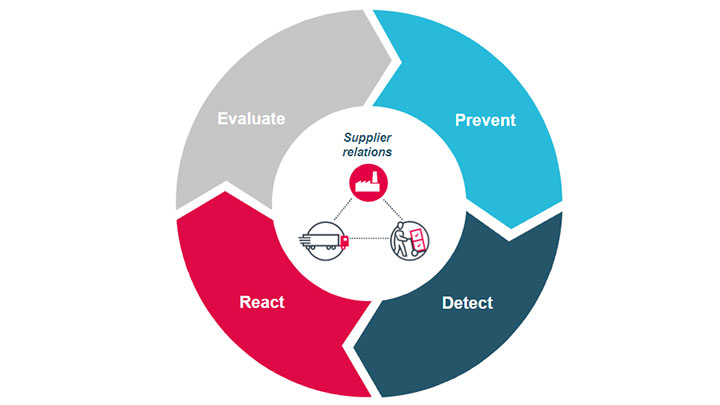
We ensure that potential human rights and environmental risks are identified and minimized in our direct supply chain as well as in the case of indirect suppliers, and that the effects of violations of our due diligence obligations are prevented, ended or minimized.
MAN Energy Solutions therefore chooses a risk-based approach to supplier analysis in order to identify potential risk suppliers in particularly risky countries and industrial sectors.
We analyze risks at our own business locations as well as risks at our suppliers. Because all the sustainability requirements that we place on our suppliers, we naturally also place on ourselves.
The analysis is based on industry-specific and country-specific risks and takes into account external and internal data on human rights and environmental risks. Based on the rating, each supplier is assigned a high, medium, or low sustainability risk. Depending on the risk category, a catalog of measures to avoid or minimize the risk is applied, which varies in intensity.
Measures include:
- Ensuring that our expectations are contractually passed on to suppliers with regard to human rights and the environment (Code of Conduct for suppliers and business partners)
-
Inclusion of sustainability requirements in our auditing process ensures compliance with these requirements through on-site inspections at selected suppliers
-
Continuous, IT-based monitoring of critical messages about our suppliers
-
Separate sustainability rating of high-risk suppliers, based on an in-depth information query by an external service provider commissioned by us
-
Mandatory training for our high-risk suppliers, clarifying our expectations and calling for improvement actions
Remedial actions
In these cases, it is therefore our goal to ensure compliance with sustainability standards at suppliers who are potentially at risk, using preventive measures as early as possible in the process. We determine the need for action and develop preventive and corrective measures from this, which we implement together with our suppliers. If these measures do not lead to sufficient risk minimization on the part of the supplier, this can ultimately result in an exclusion from the contract.
Grievance mechanism
Compliance with legal regulations and internal rules has top priority at MAN Energy Solutions. The success of our company is based on integrity and compliance with the law. In order to live up to this claim, it is important to learn about possible misconduct on our part and in our supply chain and to prevent it. That is why we use the group-wide Whistleblower System of Volkswagen AG. This represents an independent, impartial and confidential whistleblower system that offers the possibility of anonymous reporting and communication.
Anti-Corruption (Supplier Due Diligence Check «SDD»)
Anti-Korruption (Supplier Due Diligence Check « SDD »)
Ccorruption - active or passive - is forbidden. It damages our company and the business relationship with our partners and can lead to massive financial penalties. There is therefore no room for corruption at MAN Energy Solutions.
For this reason we have implemented a supplier due diligence process to verify the integrity of our suppliers. A successful compliance check is the basis for cooperation. Companies that do not meet the standards of our risk-based, transparent screening process are not considered suppliers for MAN Energy Solutions.
Supplier due diligence follows a risk-based, transparent process. In doing so, standardized factors are assessed and evaluated according to defined parameters using a risk-based approach. The result is the refusal or approval of a supplier to open, continue or expand a business relationship. After approval, permanent monitoring of specific risks from the respective business relationship is carried out and documented.
People empowerment
Background and goals
MAN Energy Solutions is currently implementing the “Performance 2023” program. It aims to ensure the company's future viability in the long term and to support and economically secure the transformation into a provider of climate-friendly solutions. “Performance 2023” also had a major impact on the work of the Human Resources department: it is about involving all employees closely in the change process, supporting and encouraging them during the transformation.
A Germany-wide transformation qualification initiative, which was started in 2021 in cooperation with the works council, plays a central role in this process. The aim is, on the one hand, to secure important core competencies in the company and, on the other hand, to build up further future-oriented competencies. Numerous qualification measures have already been carried out successfully. For 2023, we are planning further training initiatives and training series as well as rolling out the program at our locations outside Germany.
